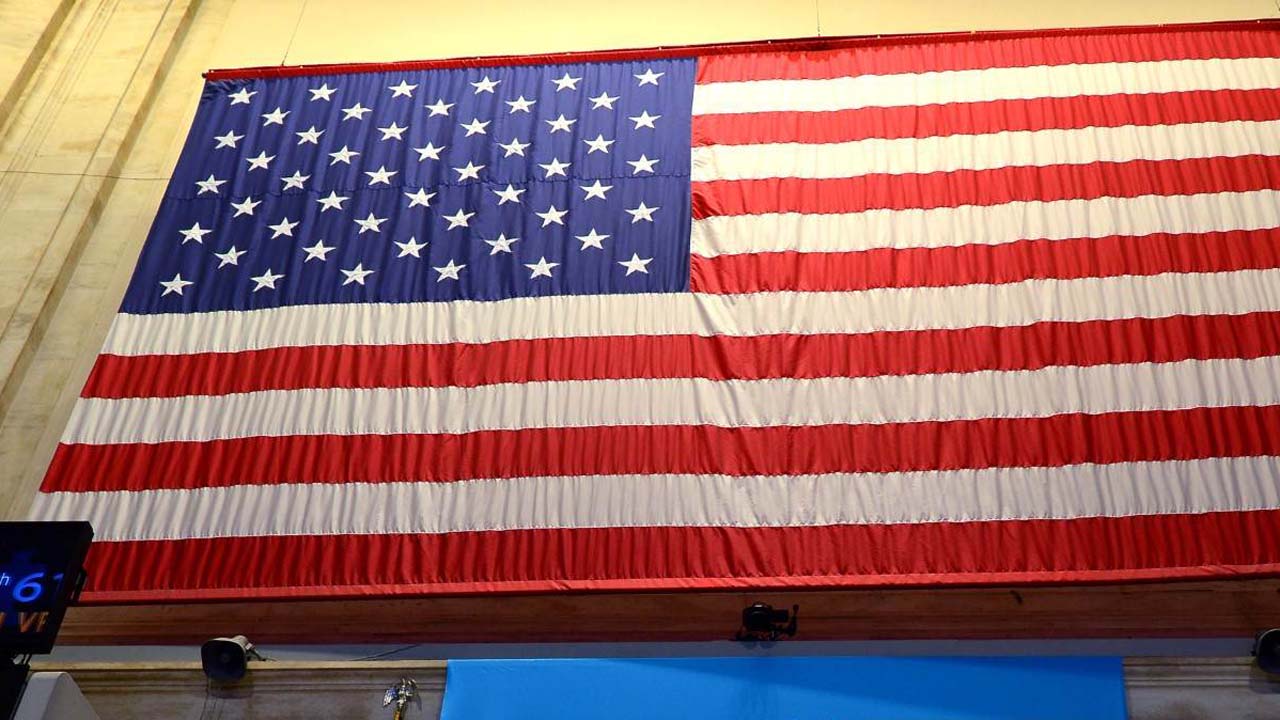Former presidential candidate of the African Action Congress (AAC), Omoyele Sowore, has told the Department of State Security Services (DSS) that it cannot tell him how to criticise the President.
Sowore said this on Friday in a statement on his official X account, in response to the DSS’s request asking him to delete his tweet and facebook posting, where he called President Bola Tinubu a ‘criminal’.
“The @OfficialDSSNG has finally sent me a letter asking me to delete my tweet and @facebook posting against Tinubu. Here is their letter and my response to their DG,” Sowore said.
“Re: Demand for Retraction of Criminal, False, and Malicious Post Publication: I acknowledge receipt of your letter, which you stealthily dumped with a security guard at the office of my attorneys in Abuja, addressed to Abubakar Marshal. I find your horrendous attempt at holding an unwarranted brief for the President not only insidious but fundamentally defective, flawed in principle, and absolutely unlawful.
Sowore said it is elementary that only the person defamed can sue, therefore, the attempt of the DSS to demand a retraction is an incompetent and unlawful attempt to hold the President’s brief.
He added that Section 22 of the 1999 Constitution requires the press to uphold the government’s responsibility and accountability to the people.
The human rights activist stated that Section 39 guarantees every citizen the right to freedom of expression, to hold opinions, and to receive and impart information without interference, even as Article 9 of the African Charter on Human and Peoples’ Rights provides the same.
Sowore said even in the UK, sedition and libel laws have been repealed as archaic relics of a bygone era, while the UN Human Rights Committee in General Comment No. 34 has declared a free, uncensored media essential to democracy.
He stressed that courts across Africa, including Zimbabwe’s Supreme Court and the African Court in Issa Konate v. Burkina Faso, have ruled that criminal defamation is unjustifiable in a democracy.
“Nigeria’s own Court of Appeal, in Arthur Nwankwo v. State (1985), struck down sedition laws when Nwankwo was convicted for criticizing Governor Jim Nwobodo. The court held that sedition was unconstitutional and inimical to free speech. Justice Adekeye, in IGP v. ANPP, asked how long Nigerians must suffer under colonial-era public order ordinances designed to gag dissent,” he said.
“Criticism is indispensable in a democracy. Freedom of speech includes the right to say what those in power find uncomfortable. Justice Olatawura reminded us that citizens must defend their hard-won freedom of expression, and that those in public office must not be intolerant of criticism. Where boundaries are crossed, the remedy is civil libel, not unlawful repression.”
He added that the DSS’s desire to please the powers that be has always destroyed institutions while building “strong men.”
“But where are those strong men today, after your service broke laws and trampled rights to protect them?,” he asked.
“Rather than vilification, we should be commended for living up to our constitutional responsibility to hold leaders accountable. I am glad you made reference to my constant desire to seek change, the very drive that led me to run for the position of President of the Federal Republic of Nigeria, even though my commitments and convictions predate partisan political endeavors. It is from that same line of conviction that I have adopted an uncompromising stance, ensuring that this country does not continue down the path of perdition.
“You have no business telling me how to criticise the President. But, knowing the nature of your service, it is clear you have not learnt your lessons. Let me state it clearly once again: the determination of the Nigerian people to reclaim their country from thieves in power is unwavering. And it shall be achieved. Freedom cometh by struggle. Aluta continua, victoria ascerta.”






